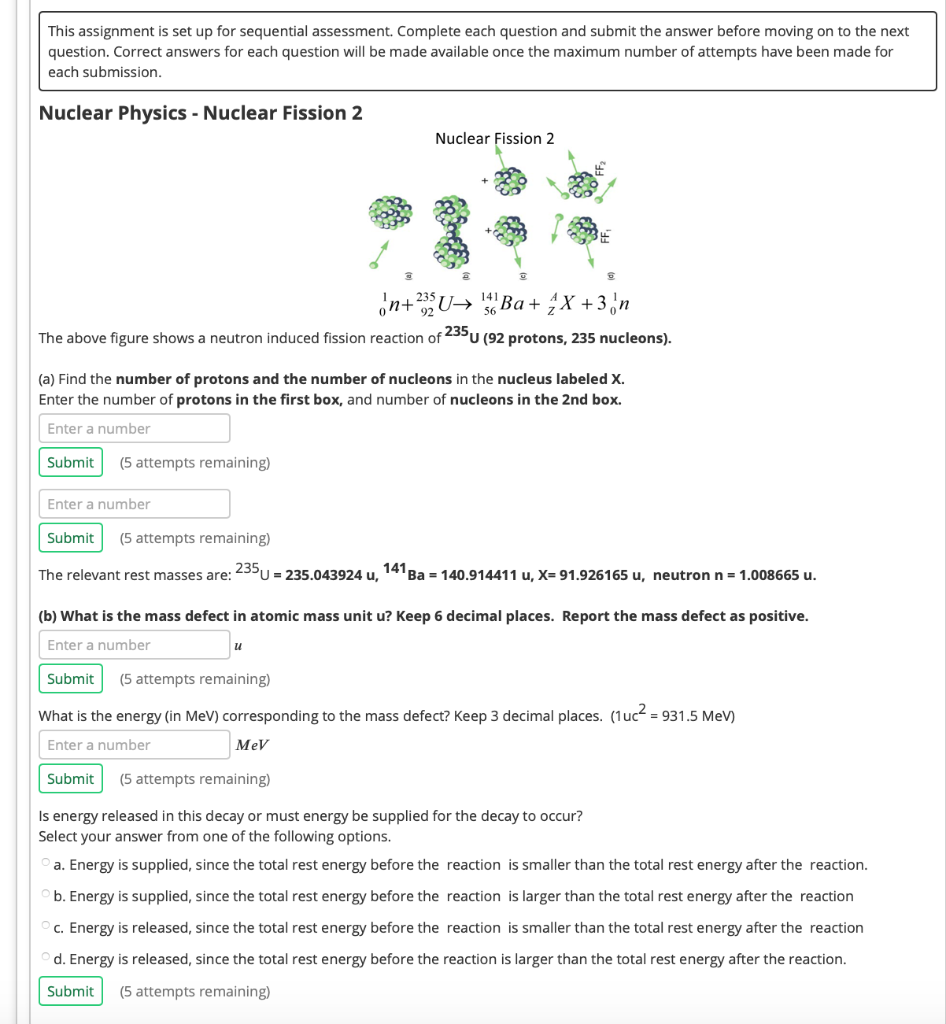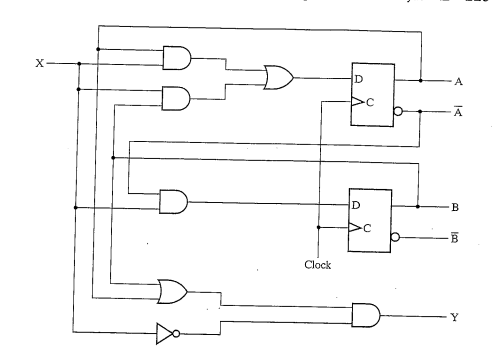
#Sequential testing practice problems software
In this post we’ll cover briefly the need for a new method, some highlights of the method we propose and a brief introduction to the software tool we’ve developed to help apply it.

#Sequential testing practice problems how to
Finally, we show how to compute confidence sequences for the difference between quantiles of two arms in an A/B test, along with corresponding always-valid p-values.After many months of statistical research and development we are happy to announce two major releases that we believe have the potential to reshape statistical practice in the area of A/B testing by substantially increasing the accuracy, efficiency and ultimately return on investment of all kinds of A/B testing efforts in online marketing: a free white paper and a statistical calculator for A/B testing practitioners. Simulations demonstrate that our method stops with fewer samples than existing methods by a factor of five to fifty.

We apply our results to the problem of selecting an arm with an approximately best quantile in a multi-armed bandit framework, proving a state-of-the-art sample complexity bound for a novel allocation strategy. This inequality directly yields sequential analogues of the one- and two-sample Kolmogorov-Smirnov tests, and a test of stochastic dominance. Specifically, we provide explicit expressions with small constants for intervals whose widths shrink at the fastest possible rate, as determined by the law of the iterated logarithm (LIL).Īs a byproduct, we give a non-asymptotic concentration inequality for the empirical distribution function which holds uniformly over time with the LIL rate, thus strengthening Smirnov’s asymptotic empirical process LIL, and extending the famed Dvoretzky-Kiefer-Wolfowitz (DKW) inequality to hold uniformly over all sample sizes while only being about twice as wide in practice.

We give two methods for tracking a fixed quantile and two methods for tracking all quantiles simultaneously. We propose new, theoretically sound and practically tight confidence sequences for quantiles, that is, sequences of confidence intervals which are valid uniformly over time. Consider the problem of sequentially estimating quantiles of any distribution over a complete, fully-ordered set, based on a stream of i.i.d.


 0 kommentar(er)
0 kommentar(er)
